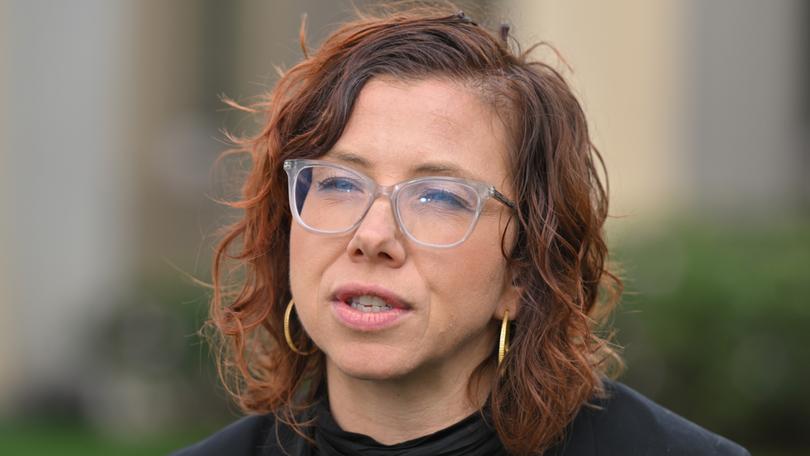National Autism Strategy to examine ways to cut wait times for diagnosis in Australia
Obtaining an autism diagnosis could become quicker and more accessible under a landmark national strategy to support the hundreds of thousands of Australians with the condition.

Obtaining an autism diagnosis could become quicker and more accessible under a landmark national strategy to support the hundreds of thousands of Australians with the condition.
The Federal Government’s draft National Autism Strategy, to be released on Tuesday, includes a commitment to explore ways to make the diagnosis and assessment process “more accessible and timely”.
Australia has among the highest child autism rates in the world, with the prevalence of the condition — particularly among young boys — a major factor in the explosion of National Disability Insurance Scheme participant numbers in recent years.
Sign up to The Nightly's newsletters.
Get the first look at the digital newspaper, curated daily stories and breaking headlines delivered to your inbox.
By continuing you agree to our Terms and Privacy Policy.But people are still facing major challenges to obtain a diagnosis, largely due to a lack of specialists.
According to the strategy, some people were waiting as long as two or more years to receive an assessment in the public health system.
The “optimal” wait is three months.
The draft strategy, which won’t be finalised until the end of 2024, does not include specific measures to cut down waiting times.
The plan also promotes early screening and identification of autism, with research showing it can be diagnosed as early as 18-24 months of age.
“Early identification and diagnosis lead to better education, social and economic outcomes for autistic people,” the strategy notes.
This is the first step in a longer journey towards better lives for autistic people.
“It also leads to better mental health in adulthood, and less feelings of stigma and shame about being autistic.”
A ground-breaking early intervention program for babies with autism, pioneered by Telethon Kids Institute, is being offered to hundreds of WA families over the next three years under a $13.8 million initiative from the National Disability Insurance Agency.
The new strategy aims to support autistic people throughout their entire life, with a focus on social inclusion and job opportunities.
More than 200,000 Australians have a diagnosis of autism, although the draft strategy notes the real number is likely to be substantially higher.
Autistic people lag the rest of the population on a range of health, economic and social indicators.
They have a life expectancy of more than 20 years shorter than the general population, are nine times more likely to die of suicide and are eight times more likely to be unemployed, according to statistics referenced in the strategy.
The Federal Government is developing the strategy with the National Autism Strategy Oversight Committee, which has a majority of members with autism.
“This is the first step in a longer journey towards better lives for autistic people. There should be no policy developed that impacts our lives, without us having a seat and an equal voice at the table,” the committee’s co-chair Clare Gibellini said.
Labor went to the 2022 election promising to develop a National Autism Strategy after it was recommended by a Senate inquiry.
“The National Autism Strategy fosters inclusion and acceptance throughout Australian communities, recognising autistic strengths and the power of individual diversity and capacity,” Social Services Minister Amanda Rishworth said.
Consultation on the draft strategy is open until May 31.
